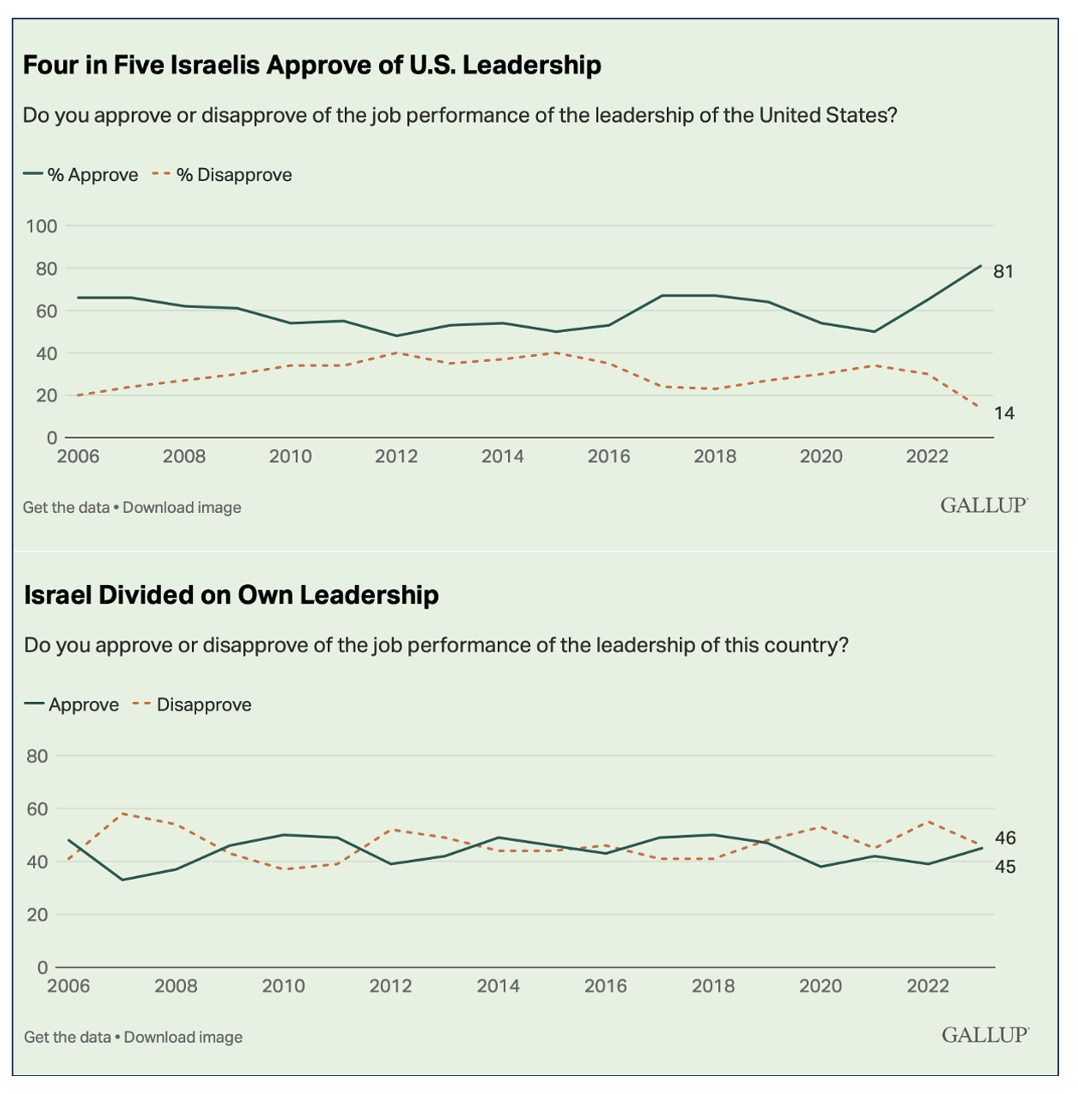Recommended Weekend Reads
December 22 - 24 2023
Here are our recommended reads from reports and articles we read in the last week. We hope you find these useful and that you have a relaxing weekend. And let us know if you or someone you know wants to be added to our distribution list.
We hope you have a Merry Christmas!
Global Perspectives
"“Is Geopolitical Risk Getting Worse?” Peterson Institute for International Economics
As 2023 draws to an end, major wars are raging in Europe and in the Middle East, between Russia and Ukraine and between Israel and Hamas. According to the Uppsala Conflict Data Program, there are more active armed conflicts involving sovereign states than ever since World War II. The same can be said of displaced persons. With tensions rising in the South China Sea, geopolitical risk seems higher than at any point in recent memory. Things, as they say, have been better. But are conditions worse, or at least riskier, than ever? The Geopolitical Risk Index (GPR), developed by Dario Caldara and Matteo Iacoviello to assess risk in broader historical perspective, suggests otherwise.
“Attitudes on an Interconnected World” Pew Research Center
How close do people feel to others around the world? How much do they want their countries involved in international affairs? How do people’s experiences with travel and feelings of international connectedness relate to their views about the world? These are among the questions Pew explored in a recent 24-nation survey. We found that while most respondents feel close to people in their countries and their local communities, they are more divided over how close they feel to others across the globe.
United States
“Other Countries’ Activities During the 2022 Election Cycle” Office of the Director of National Intelligence
The US intelligence community observed other countries engaging in efforts to either support or undermine specific US candidates during the 2022 elections. This NDI report relays how China, Iran, Russia, and Cuba were the leading agents perpetuating these efforts to undermine American democracy.
European Union/Critical Materials
“Critical Material: The EU’s and Chile’s New Relation in the Multipolar World” European Council on Foreign Relations
The EU’s relationship with Chile is a test case for the EU’s capacity to navigate the emerging “à la carte” multipolar order, in which countries pragmatically choose their partners depending on the issue at hand. Chile is the world’s largest producer of copper and the second largest producer of lithium, a domination that is set to last, given its proven reserves of both metals. From the vantage point of Europe, Chile could provide immense assistance in powering the green transition – literally, by supplying the materials to power the batteries that Europeans are relying on to digitize and electrify their economy. The EU already imports 80 percent of its lithium from Chile – a crucial dependency in the rapidly evolving world economy.
Israel/Gaza War
“Life in Israel After October 7 in 5 Charts” Gallup
Gallup surveyed Israelis between Oct. 17 and Dec. 3, just weeks after Hamas launched its attack on Israel on Oct. 7. As the war between Israel and Hamas continues, here are five key insights into public opinion in Israel. There were five key takeaways from the survey:
1. Israelis no longer support a two-state solution
2. Hopes for peace grow further out of reach
3. Negative emotions soar after the attack
4. Approval of US leadership reaches new high
5. Approval of Israel’s leadership remains flat
China
“Why are so many young Chinese depressed?” Australian Strategic Policy Institute
China’s high youth unemployment rate and increasingly disillusioned young people—many of whom are ‘giving up’ on work—have attracted much attention from global media outlets and Chinese policymakers. The standard narrative is to associate the problem with the country’s recent growth slowdown. In fact, the issue goes much deeper.
The rise of youth depression has been decades in the making and owes much to China’s rigid education system, past fertility policies, and tight migration restrictions. Chinese youth are burned out from spending their childhood and adolescence engaged in ceaseless, intense study. Attending a good university is seen as necessary for securing a good job, and for rural children, a university degree is the only path to legal residence in cities under the hukou registration system. In a city, the average household annual disposable income is US$6,446, which enables a middle-class lifestyle.
By contrast, in rural areas, an income averaging only US$2,533 means living in relative poverty. As if the pressure to get into a university wasn’t bad enough, the rigid structure of the school system makes matters worse. After nine years of compulsory schooling, children must pass an exam to enter an academic high school, and only 50% of them are allowed to pass. Teenagers who don’t make the cut attend vocational high school and are destined for low-paying jobs.
“Five big uncertainties facing the Chinese economy in 2024” Peterson Institute for International Economics
The Chinese economy’s rebound started slowly last spring, shaking off the effects of an estimated 1.41 million excess deaths from the pandemic and China’s zero-COVID policies. Today, although growth will likely meet the government’s 5 percent target for 2023, the Chinese economy remains troubled, plagued by flat private investment, flagging consumer confidence, and high youth unemployment. Falling prices and depressed business and consumer confidence are flashing warning signs about the year ahead. Here are five big uncertainties about Chinese economic performance and the government’s policy responses that will determine whether growth can be sustained in 2024.



